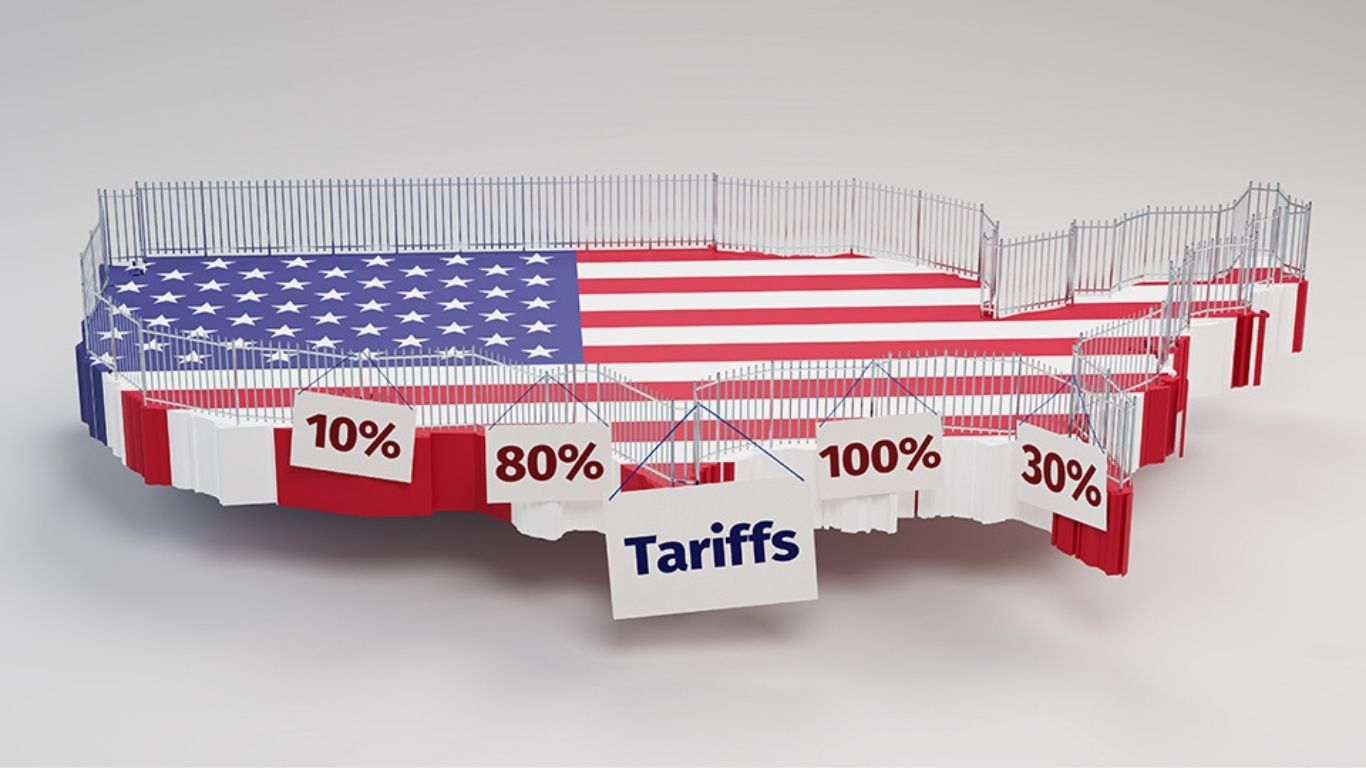In a seismic shift for Germany’s automotive landscape, Audi, the premium carmaker owned by Volkswagen, dropped a bombshell on Monday: it’s axing 7,500 jobs from its German operations by the end of 2029. That’s a hefty 8% of its global workforce sent packing, as the company scrambles to “recharge” its productivity and agility in what it calls an era of “unprecedented challenges.” Buckle up—this isn’t just a corporate trim; it’s a glaring symptom of an industry teetering on the edge.
Audi’s statement didn’t mince words. “The economic headwinds are brutal,” it warned, pointing to a triple threat: a rocky pivot to electric vehicles (EVs), a Chinese juggernaut eating into market share, and a political climate that’s about as stable as a house of cards. Add to that weak demand and the looming specter of U.S. tariffs under a potential Trump comeback, and you’ve got a recipe for a German auto meltdown.
The Plan: No Bloodbath, Just a Slow Fade
Management board chairman Gernot Döllner tried to soften the blow. “No one’s getting frog-marched out the door,” he insisted. Audi’s job security pact, originally set to expire in 2029, is now stretched to 2033, ruling out forced layoffs. Instead, the cuts will lean on voluntary exits—think golden handshakes and early retirements—plus the natural churn of expiring contracts. “In these stormy times, it’s a lifeline for our people,” Döllner added, though the mood in Audi’s Ingolstadt and Neckarsulm plants is likely far from celebratory. By the numbers, Audi employs around 91,000 people worldwide, with roughly 50,000 in Germany. Losing 7,500 local jobs still leaves a dent—about 15% of its domestic headcount. The company’s betting that slimming down now will let it pivot faster to whatever the market throws next, whether that’s EVs, hybrids, or something else entirely.
Germany’s Car Kings Lose Their Crown
Zoom out, and Audi’s woes are a microcosm of a national crisis. Germany’s auto industry—once the gleaming engine of its economy, powering giants like BMW, Mercedes, and VW—has hit a wall. For decades, it ruled the road with precision engineering and luxury swagger. Now, it’s stuck in neutral. Production’s tanking—down 20% since 2018, per industry stats—and the shift to EVs has been less a smooth glide and more a sputtering stall.
Why? For one, Germany’s been caught flat-footed by China. Brands like BYD and NIO are flooding Europe with cheaper, tech-packed EVs, while German firms wrestle with high labor costs and bloated supply chains. Tesla’s Berlin gigafactory isn’t helping either, churning out Model Ys faster than you can say “Autobahn.” Meanwhile, EV demand in Europe’s slumped—sales growth slowed to 2% in 2024, per the European Automobile Manufacturers’ Association—leaving Audi’s electric lineup, like the Q8 e-tron, gathering dust.
Then there’s the trade war wildcard. If Donald Trump wins the U.S. presidency again in 2024, his promised 20% tariffs on European cars could kneecap exports. The U.S. is Audi’s second-biggest market after China, so that’s no small threat. Toss in Germany’s own economic funk—GDP growth’s forecast at a measly 0.2% for 2025—and you’ve got an industry staring down the barrel.
Beyond Audi: A Ripple Effect
Audi’s not alone in the chop shop. Volkswagen’s flirting with plant closures and wage cuts, while Mercedes-Benz just slashed its profit forecast. Suppliers like Bosch and Continental are shedding thousands too, as the dominoes fall. Analysts reckon Germany’s auto sector, which employs over 800,000 directly and millions more indirectly, could lose 100,000 jobs by decade’s end if the EV transition keeps misfiring.
Audi’s banking on its leaner future to fund next-gen tech—think software-driven cars and sustainable batteries. But with China’s EV lead widening and Germany’s industrial crown slipping, this job purge might just be the opening act in a longer tragedy. For now, those 7,500 workers are left wondering: is this the end of the road, or just a detour?




